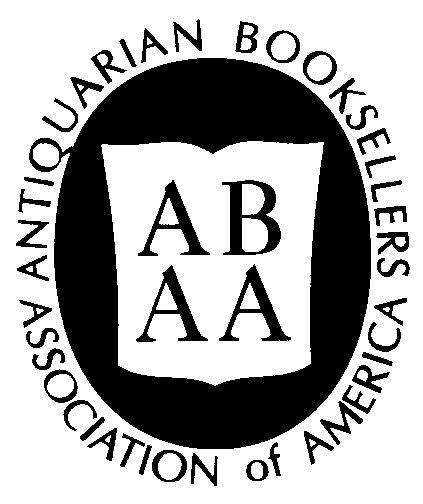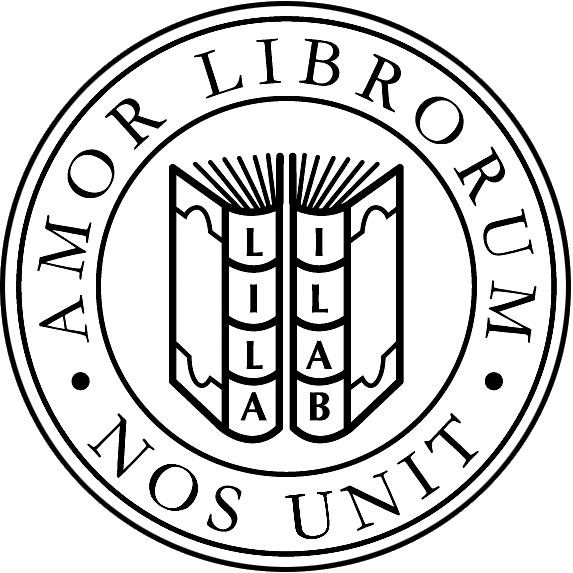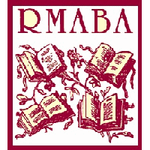Dealer in Rare and First-Edition Books: Western Americana; Mystery, Detective, and Espionage Fiction
House Journal Of The Extra Session Of The Thirty-Fifth General Assembly Of The State Of Tennessee, Convened At Nashville, Monday, The Twenty-Seventh Day Of Of July, 1868
Publication: SC Mercer, 1868, Nashville
First edition. 8vo. 279 pps. Alphabetical Index. Tables. Bound in half leather over marbled paper. Scarce primary source material detailing the the atrocities of the Ku Klux Klan in the state of Tennessee during the early years after the Civil War. Details how the KKK targets color persons, Union sympathizers, white instructors, women, etc. to create an atmosphere of terror to keep people from voting and advancing. In most cases, the nature of the passage are elected officials petitioning for a military presence to help suppress the KKK, which they identify as terrorist and para-military. Other tables and passages list prisoners by race, offense and length of sentence. Another table details punishments given to inmates ... suspended by thumbs, bread and water, etc. "In February 1867 Tennessee enfranchised freedmen, and Republicans established local chapters of the Union League, a political arm of the party, to mobilize the new black voters. In some respects the KKK became the conservative ex-Confederates’ answer to the Union League, a rallying point for white Democrats determined to drive freedmen, Republicans, and their allies from the polls. During the spring of 1867 the KKK’s innocent beginnings began to give way to intimidation and violence as some of its members sought to keep freedmen in their traditional place. The official reorganization of the Klan into a political and terrorist movement began in April 1867, when the state’s Democratic Party leadership met in Nashville. An invitation sent by the Pulaski den to others in the state called for a gathering of members at the Maxwell House hotel, where Tennessee’s conservative Democrats provided for greater control of an expanding KKK. A prescript established administrative protocols and emphasized the need for secrecy. Subsequently, former Confederate General Nathan Bedford Forrest was elected the first and only Grand Wizard. In 1868 a revised prescript declared the Klan the defender of the Constitution of the United States and the protector of the orphans and widows of Confederate dead. Klansmen were required to swear that they had never been members of the Union army, the Union League, or the Republican Party, and they supported re-enfranchising ex-Rebels and upholding the South’s constitutional rights. Prior to 1868, however, the KKK essentially assumed a defensive posture aimed at protecting the white community from the perceived threats represented by Union Leaguers and the state militia. Indeed, early in 1867, some white conservatives still hoped to win over black voters to the Democratic cause. When the freedmen flocked to the Republican banner during the elections of that year, however, conservative Democrats, incensed over their political losses, decided that a new strategy of intimidation and violence was needed. The violent tactics of the KKK soon spread to parts of Middle and West Tennessee, where bushwhacking and general lawlessness were already common, and throughout much of the South in 1868. Klan activity was especially strong in Giles, Humphreys, Lincoln, Marshall, and Maury Counties in Middle Tennessee, and Dyer, Fayette, Gibson, Hardeman, and Obion in West Tennessee. The Klan was less successful in Unionist and Republican East Tennessee, with the exception of some activity in the vicinity of Bristol, a pocket of pro-Confederate sentiment. Irrespective of time and place, a major problem of the Klan’s expansion from a leadership standpoint was a lack of control. Once the dens set aside social activity as their primary purpose and took up political terrorism and racial violence, they fed on local reaction to threats to conservative political control and white supremacy rather than to any coordinated direction on the state, or even county, level. This aspect of the KKK’s character became clear when the violence did not disappear after the elections of 1868 but continued with little or no link to political activity. Klansmen attacked, whipped, and murdered black men and women whenever they found their activities offensive, no matter how innocent or trifling these putative transgressions were. Freed people who exhibited too much independence, established schools, or assumed positions of leadership were singled out for harsh treatment. In an effort to curb the violent acts of the KKK, Governor William G. Brownlow called for an extra session of the legislature which, following the investigation of a Ku Klux Klan committee, reestablished the militia and gave him the power to declare martial law in any county necessary. Members of the Klan and other secret societies engaged in terrorism were subject to arrest by any citizen, a five-hundred-dollar fine, and imprisonment for up to five years under a so-called Ku Klux Klan Act." Cover shows rubbing wear and soiling. Pages lightly foxed in parts. Binding sound. Boards separated along joints. This is a remarkable treasure trove of primary source material which does a remarkable job of illuminating the racial tension and turbulence in the South during the wake of the Civil War.
Inventory Number: 48329Sold -- Contact us

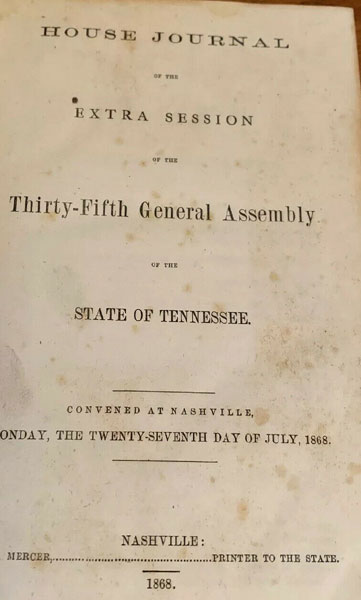






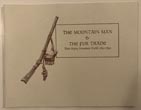
![Photograph Taken Of Edwin Parks By B. F. Hale, Photographer, Rochester, New York. Parks Lived Near By In Victor, Ontario County, New York B. F. HALE [PHOTOGRAPHER]](/media/images/thumb/50545.jpg)



